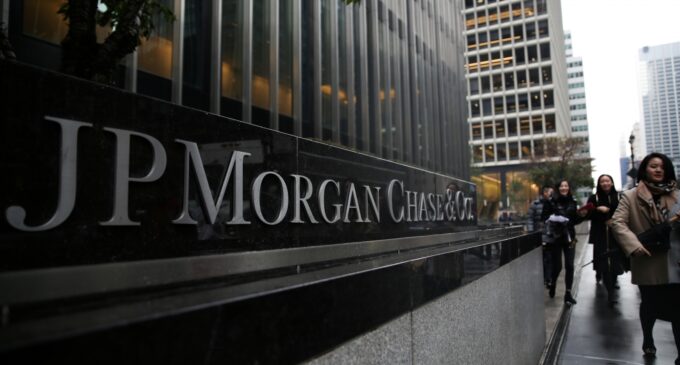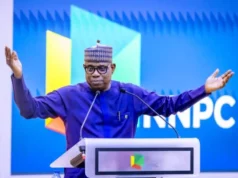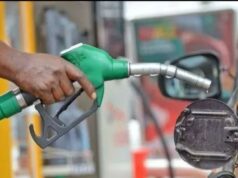Meanwhile, President Bola Tinubu declared that petrol subsidy payments have ceased during his inaugural speech on May 29.
Nigerian National Petroleum Company (NNPC) Limited instantly modified the pump price at all of its retail outlets across the country.
According to JP Morgan, the country’s petrol price hike might result in headline inflation rising from 22.41 percent in May 2023 to 25 percent in June 2023.
“The near tripling of fuel prices could see headline inflation jump closer to the 25 percent mark in June and remain firmly above 20% for the rest of the year,” the bank said.
“However, fuel subsidies accounted for 1.7 percent of GDP in 2022 and a complete removal will be positive for the fiscal accounts, although we expect that some portion of the savings will be targeted towards social spending.
“Of course, a weaker exchange rate means the government would receive higher naira revenues from oil and gas exports.
“We believe the devaluing of the naira yesterday could have a more limited impact on headline inflation given a substantial part of the informal economy accessed dollars at the much higher parallel market rate.”
According to JP Morgan, the new policies on both FX and petrol prices will need “some ironing out once a cabinet is announced, we believe there is room for more near-term reform execution surprises.”










